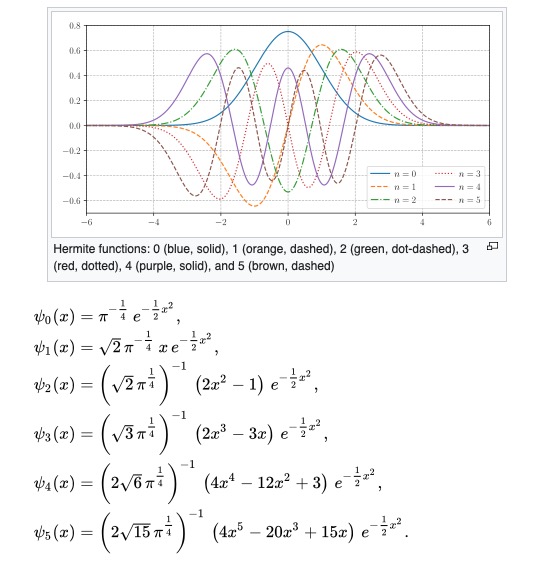Motivation: Euler-Maclaurin formula uses calculus to estimate discrete sums. I wonder what one can do by reverse engineering. A concrete problem I ran into is the following.
Question: Let $\chi: \mathbb{R} \to \mathbb{R}$ be the characteristic function supported on $[0,1]$. Can one construct a sequence of polynomial or analytic functions $f_{n}: \mathbb{R} \to \mathbb{R}$ such that $f_{n} \to \chi$ in $L^p$-norm for some $p \in \mathbb{N}$?

